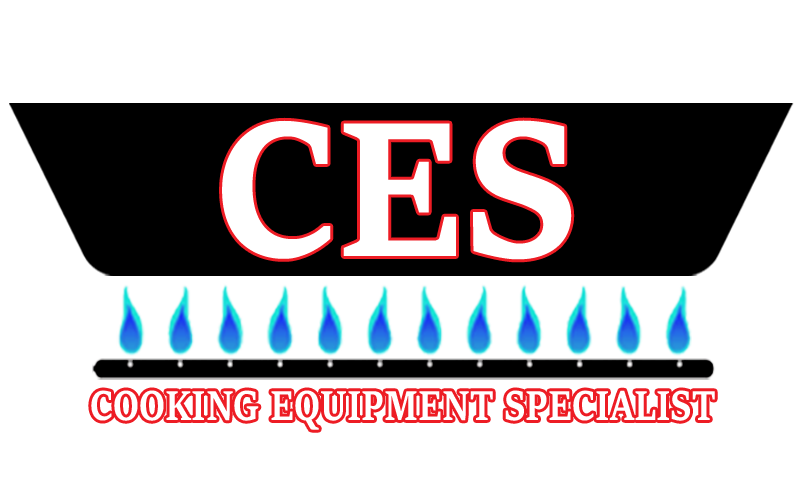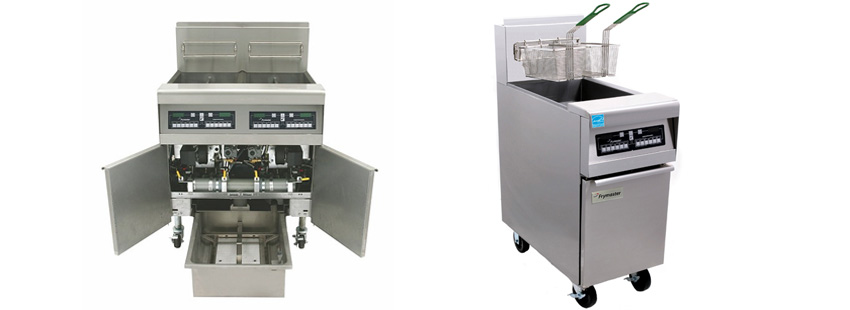Gas or Electric? Which is better for your commercial kitchen equipment?
Commercial kitchen equipment is one of the largest costs of a commercial kitchen. Deciding on gas or electric, equipment can have a profound impact on capital and operating expenses for your establishment.
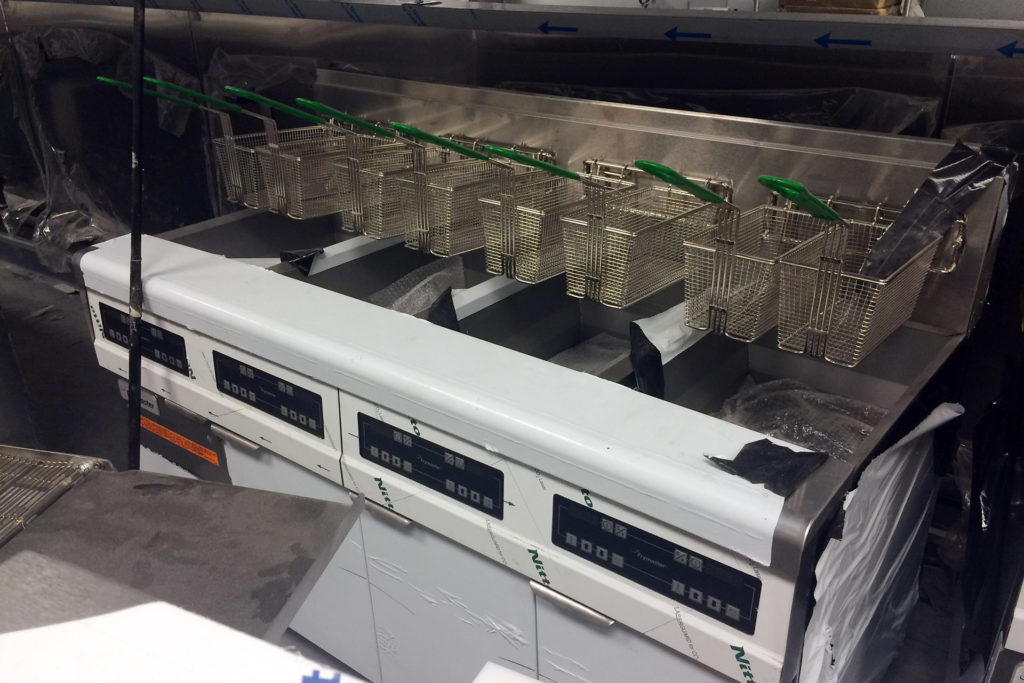
Many operators try to reduce their costs or save money when purchasing their commercial kitchen equipment without fully understanding the long-term impact an uninformed decision may make.
Knowing and understanding the differences between gas versus electric equipment in your kitchen can help you make the correct decision when purchasing your food service appliances and commercial kitchen equipment.
The Capital Cost Factor
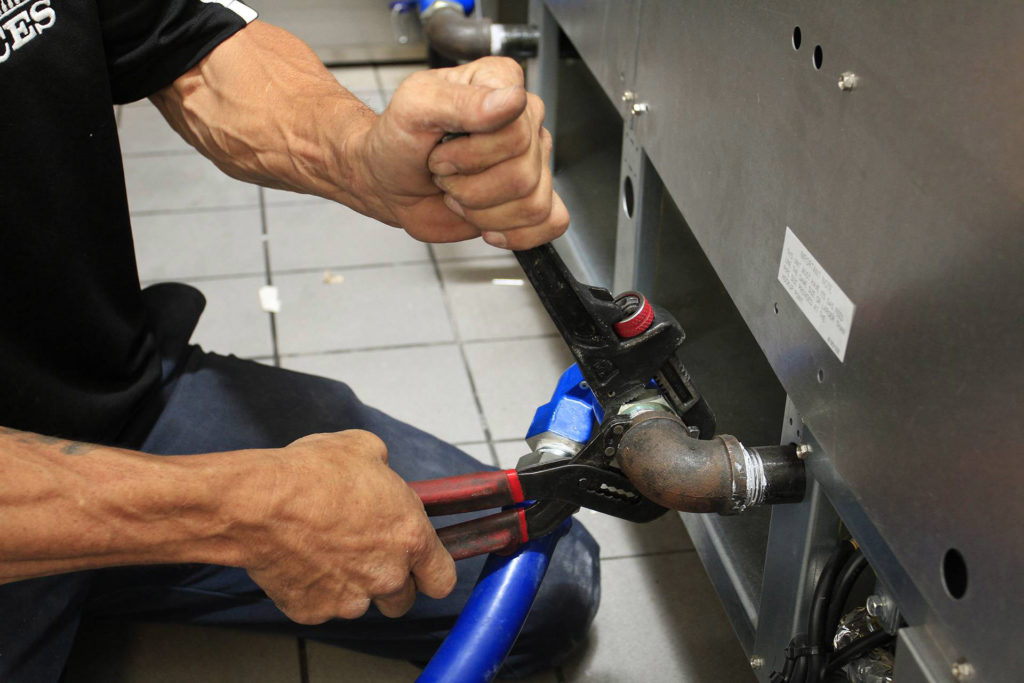
When establishing or updating an operation, initial costs always seem to be higher than planned. Trying to reduce these costs by lowering your initial purchase can prove costly over time if you do not consider all aspects of the purchase.
Electric appliances have lower costs, as well as a lower installation cost, too. For electric appliances, you just need to plug it into an outlet to operate. Depending on the size of the commercial kitchen equipment, you may need higher voltage or a 3-phase wiring set up. This will increase you installation costs for electric appliances.
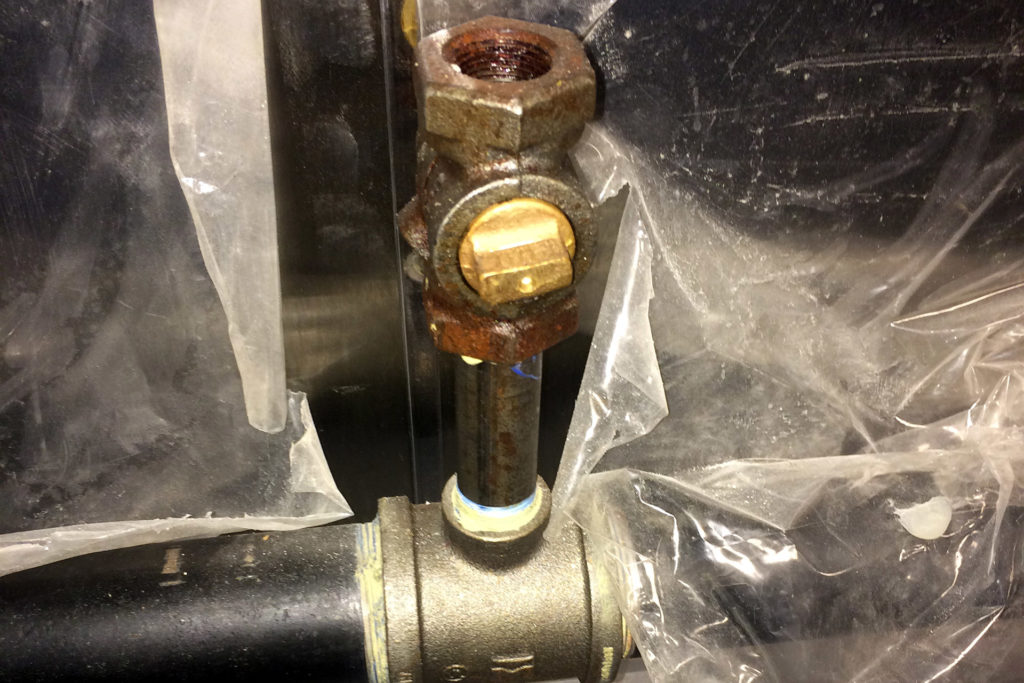
Gas appliances always need a gas supply to operate. Therefore, this will increase your installation costs. You should calculate and plan for this in the budget. Gas installation costs will usually be higher than electric appliance installation costs.
The bottom line is that electric commercial kitchen equipment is less costly to purchase initially than gas commercial kitchen equipment.
Gas vs. Electric
Before making a decision, you need to understand the differences between gas and electric in choosing your commercial kitchen equipment.
Typically, gas equipment is more expensive to purchase than electric. Part of this expense is in the installation, as discussed above, and part is on the equipment itself.
Gas provides greater heat than electricity while costing less to operate. This higher heat output, rated as BTU’s, increases the cost of the equipment slightly. This, coupled with the installation costs, makes gas a more expensive initial purchase.
Additionally, never plumb your gas supplied commercial kitchen yourself. Always hire an experienced professional team for the install and verify a correct and to-code installation. You do not want a poor gas installation to become a liability in the future.
Electric equipment is much more portable than gas equipment. If you need to move an electric appliance, all you need is an electrical outlet at the new location. With gas, you have to make sure you have a gas source plumbed to the new location for operation.
Daily Operation Costs for Commercial Kitchen Equipment
Electric is considered more efficient. It takes less fuel to achieve the same results as gas. Electric efficiency means more energy is converted to use than with gas appliances. Part of this loss by gas is through gas vapors. Electricity does not have this issue.
Gas kitchens tend to get hotter than electric kitchens, so keeping them cool will also require more energy.
However, gas is less costly to operate than electric on a daily basis. Therefore, you should add this factor to your purchasing consideration.
A critical factor, often overlooked, is that gas and electric require different BTU requirements to achieve the same results. One must calculate the actual daily BTU requirements of each fuel source against the cost of the fuel to arrive at the actual cost.
Once you determine the real fuel cost, calculate it out over time and see if the operation cost offsets the capital cost of the initial purchase equipment.
Questions to Ask:
Here are some questions to ask to help determine if gas or electric is the right fit for your operation.
- How frequently will you operate your equipment?
- What time of day will you operate?
- Where is your operation located: city or rural?
- Will I need to move my appliances around frequently?
- What is the price difference between gas and electric?
- How long will it take to break even between gas or electric?
What is important to look at is the over operating costs of the equipment you plan to use. If you consider the capital investment of the initial purchase only, you may lower your purchase price only to lose the savings through higher monthly operating costs.
The advantages of each type of commercial kitchen equipment are different as are the initial and installation costs. There are benefits to each. Additionally, you can contact CES to help you make the right decision for your commercial kitchen equipment.
Contact CES for all your commercial kitchen equipment needs.
Phone: 972-686-6666
Toll-Free: 855-NO-FLAME
Service Email: RSIService@rsidfw.com
